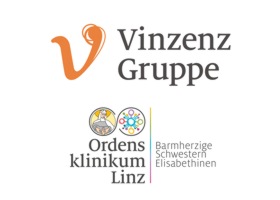Coronary vasoreactivity in subjects with thyroid autoimmunity and subclinical hypothyroidism before and after supplementation with thyroxineTools Traub-Weidinger, Tatjana und Graf, Senta und Beheshti, Mohsen und Ofluoglu, Sedat und Zettinig, Georg und Khorsand, Aliasghar und Nekolla, Stephan G und Kletter, Kurt und Dudczak, Robert und Pirich, Christian (2012) Coronary vasoreactivity in subjects with thyroid autoimmunity and subclinical hypothyroidism before and after supplementation with thyroxine. Thyroid : official journal of the American Thyroid Association, 22 (3). pp. 245-251. ISSN 1557-9077 2012 Thyroid Traub-Weidinger et al.pdf ['document_security_info' not defined] Nur registrierte Benutzer Herunterladen (171kB)
|
||||||||||||||||
|
|
|
|


 Tools
Tools Tools
Tools